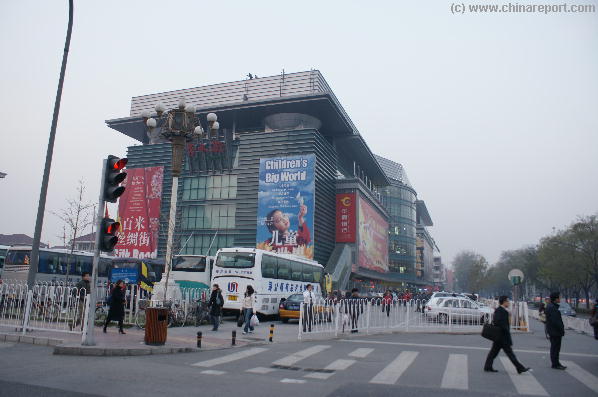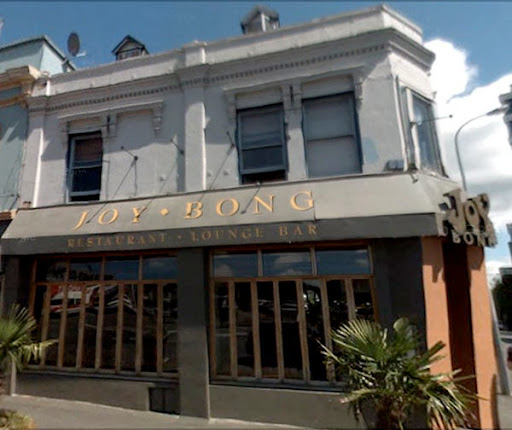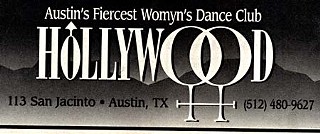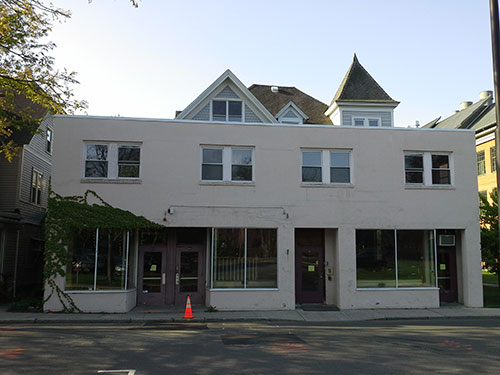The Harriet Tubman Leadership Academy for Young Women is the only all girls public school in Portland, Oregon serving grades 6 through 12. It has a focus on math, science and leadership-areas where women are grossly underrepresented.
And now it's gone.
Can't help but see this within the context of the overall destruction of womyn's spaces, whether it's a college or a bar. Given that schools that serve young women of color and help them "find their voice" are especially rare, the loss of the Harriet Tubman Academy is especially sad. I wonder if the same "queer women" who
cheered the destruction of Portland's last lesbian bar also see this closing as a good thing?
As Shea Turner marched through the halls of the Harriet Tubman Leadership Academy for Young Women in her yellow cap and gown, the recent graduate couldn't help but smile.
 |
Girls protesting the closing of
Harriet Tubman (April 2012) |
Throngs of her classmates had lined up along the lockers on the last day of school to cheer on Turner and three other graduates, before joining the four in a parade to the auditorium.
But even with the fanfare, Turner, 17, found herself in a somber mood. The ceremony just reminded her that the 163-student building, the only all-girls public school in Oregon, is shutting down for good.
"It's a family," Turner said. "You're leaving your family behind."
The school, which served sixth through 12th grades and focused on science, technology, engineering and mathematics classes, has long had a presence in the city's African-American community. Tubman originally began as a neighborhood middle school, and moved to the current North Flint building in 1985. After that school closed, the young women's academy got its start five years ago as a place for girls to focus on academics in a small setting without distractions like boys and cliques.
Despite community opposition, the Portland School Board confirmed in April that Tubman and Humboldt, another North Portland school, would be closed because their low enrollments would be difficult to sustain.
Those who fought to keep the school say the district will be losing an irreplaceable program. The small enrollment helped build community, students say, and single-sex education helped girls feel more comfortable in their skin.
At Tubman, Turner said, girls grew into themselves. "Every girl I know found her voice here."
Allie Beard, 16, was just barely passing classes in middle school before she ended up in the program for ninth grade. As Beard transitioned into a foster home, Tubman became a place of family and stability: teachers went to her roller derby bouts, and she didn't worry about being judged.
"I wasn't dreading coming into school each day," she said.
On Wednesday, the girls took their seats at 10 pink lunch tables in the auditorium to celebrate the last day. They listened to speeches from Superintendent Carole Smith and former Tubman Middle School Principal Paul Coakley, and they whooped approvingly for friends as they were given awards.
By the time students settled into lunch, Medha and Shradha Pulla, both 16, had kept on their caps and gowns. The reality of the situation had not yet sunk in, said Medha.
She'll be attending Portland State University with her sister next year and credits Tubman's access to advanced classes for their early graduation. The Pullas and their mother, Jyothi Pulla, were some of the loudest voices asking the district to keep the school open.
Medha said she hoped a community could still come together and bring back the program in some way -- some parents are even considering proposing a charter or alternative school.
In the end, she said, Tubman would still be a part of her classmates even if they leave.
"They've gained something here that can't be taken away from them," Pulla said, then turned to hug a classmate goodbye.
Two weeks after the school closed, students did a Silent Protest at the school board.
 |
| Two sisters protest closing of Harriet Tubman (July 2012) |































